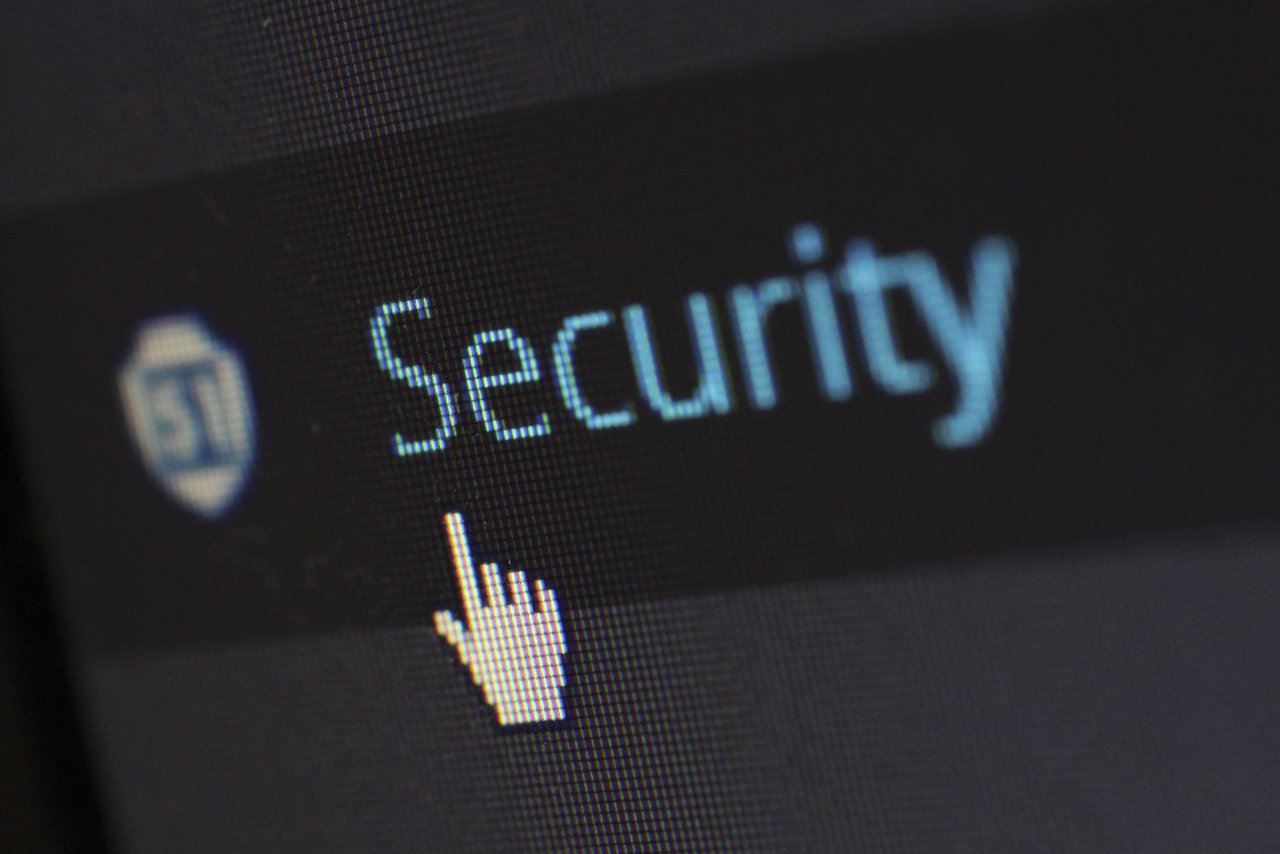Running a website requires all sorts of security measures. They’re there to ensure no issues arouse on your site. One such measure is Domain-based Message Authentication, Reporting, and Conformance, or DMARC for short. DMARC records all the messages that go to or through your domain and makes sure they’re not malicious. The primary user for DMARC testing is an email server. Whenever you receive mail through an email service they test DMARC before showing it to you. Here are some DMARC basics you should know.
What does DMARC actually do?

DMARC checker is effectively a scenario that an email server runs through in case a message comes from an unverified source. It’s the main reason why your inbox isn’t filled with spam, viruses, and other malware. When you test DMARC you’re running through that scenario and helping your domain establish better security. While websites, browsers, and computers as a whole have their line of defense, DMARC checkers are the best way for your email server to protect itself. It’s a fairly simple script that provides far more protection than other more complex methods. Unlike for example proxies, that focus on providing you privacy from everyone, DMARC checker protest you from specific emails that might be attacking you.
What happens when you test DMARC on messages?

In general, if a message fails to pass your DMARC record, it goes through 3 different results. Firstly your server can ignore the message, meaning the mail just goes through so you can check it yourself. That’s generally for harmless spam messages that can’t actually attack you. Secondly, it can quarantine the message and thus separate it from your usual inbox. That’s usually done in a separate folder where all the messages with dubious links and potential malware reside. And finally, your server may reject the message. This means you’ll never see the message in the first place, and the sender will be notified their mail didn’t go through. The last option is usually reserved for the most egregious messages that obviously hide malware.
Who needs DMARC the most?
One of the biggest users of DMARC checkers is big companies. They usually have their own message servers and thus are responsible for protecting them. Not only that but they are also susceptible to corporate attacks that can go through online messaging services. Having a DMARC checker means they’ll know precisely what’s attacking them and how malicious it is. Even if you’re just a small business having a DMARC record can be incredibly beneficial. You may never know when someone might attack you through unauthenticated messages so having a DMARC TXT record is a good backup.
Conclusion
No matter if you’re the next big megacorp or a local business that just opened its own website, having a DMARC checker can save in a pinch. When you start receiving unexpected messages make sure to test DMARC and then you’ll be able to confirm whether the messages are safe or not.
